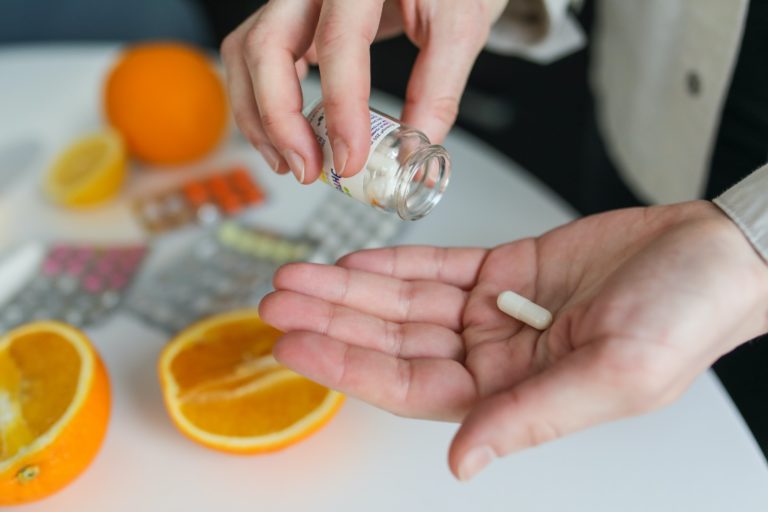DNA fitness test: Your post-exercise recovery rate
Aira
on
February 24, 2023
DNA fitness test: Discovering your post-exercise recovery rate

After particularly long and strenuous workouts, you might feel like your body has been stretched and bent in seven different directions. Your post-workout recovery, surprisingly, doesn’t just depend on the number of supplements you take, what food you eat, and how comfortable your bed is. According to studies, your genes are actually a factor in how fast your body can bounce back after rigorous physical activities.
LifeDNA’s fitness DNA test can help you understand how your genetics play a role in your post exercise recovery and fitness routine. Our genetic testing is a premium choice for optimizing fitness, recovery, and injury prevention for any health-concerned individual.
The Genetics of Post-Workout Soreness and Recovery
Your genes play an important role in post-workout soreness and recovery. Your DNA can play a role in your recovery time and a DNA test can tell you what you can do to better manage and optimize your workouts to get the best possible results.
Post-exercise recovery rate based on DNA
It is recommended that you rest for 48 hours after strenuous exercises like High-Intensity Interval Training (HIIT). If your genetic variation shows that you have a slower recovery time in between workouts, you should listen and choose physical activities that have longer intervals. This may also mean that because of your genetic makeup, you may need to skip the gym for a day or two so your body and muscles can fully recover.
Learn about your post-exercise recovery rate today based on LifeDNA. Get your fitness report now.

DNA fitness test for Injury predisposition
Tendonitis is a type of inflammation, specifically of the tendons. It is among the most common injuries an individual can incur if they do rigorous physical activities. The pain of inflamed tendons – or any other part of the body – can be debilitating and will not only stop you from exercising but from everyday tasks.
A fitness DNA test can tell you if you are more at risk of incurring injuries than others. You might want to tailor your fitness routines to include stretching regularly, warming up properly, and staying hydrated to decrease your likelihood of injuries.

DNA fitness test for Muscle Damage & Exercise
Pain can be truly unpleasant and can hinder you from many goals, including your fitness goals. The popular saying no pain, no gain might actually hold some truth to it. Being able to tolerate a certain level of pain also has its benefits.
A DNA fitness test can tell if your inflammation and pain tolerance is higher based on your genetic indicators. For people with lower pain tolerance, you might want to hold back on strenuous training like HIIT or at least schedule them with enough rest time in between workouts.
If you want personalized insights into your muscle function and growth, LifeDNA offers genetic testing that optimizes your recovery and injury prevention routine.Try it today.

How to Figure Out the Best Workout for Me
If you’ve always been stuck wondering, “How to figure out the best workout for me?” now is the time to look at genetic testing and what it can do for you and your fitness goals. Learning more about your genetic predisposition can help you tailor a routine that will work best for your body and will gain the best results.
LifeDNA makes DNA fitness reports that are cohesive and are a result of only the best and latest technology and research on genetic wellness. Start your fitness journey now.
*Understanding your genetics can offer valuable insights into your well-being, but it is not deterministic. Your traits can be influenced by the complex interplay involving nature, lifestyle, family history, and others.
Our reports have not been evaluated by the Food and Drug Administration. The contents on our website and our reports are for informational purposes only, and are not intended to diagnose any medical condition, replace the advice of a healthcare professional, or provide any medical advice, diagnosis, or treatment. Consult with a healthcare professional before making any major lifestyle changes or if you have any other concerns about your results. The testimonials featured may have used more than one LifeDNA or LifeDNA vendors’ product or reports.












































